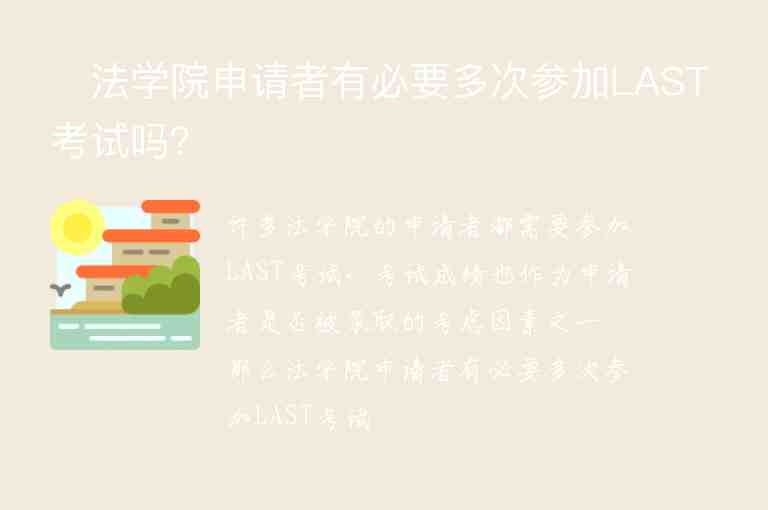一:cultural_shock是什么意思(中英文)解释的意思:
Cultural shock是指当一个人处于一个与自己原来生活环境截然不同的文化环境中时,所产生的心理和行为上的不适应和困惑。它是一种由于文化差异带来的心理冲击,让人感到陌生、焦虑、压力和挫败感。
Cultural shock refers to the psychological and behavioral discomfort and confusion that occurs when a person is in a cultural environment that is completely different from their original living environment. It is a psychological shock caused by cultural differences that make people feel unfamiliar, anxious, stressed, and frustrated.
二:怎么读(音标):
/ˈkʌltʃərəl ʃɒk/
三:用法:
Cultural shock通常用作名词,形容一个人在新的文化环境中所经历的心理和行为上的不适应。它也可以用作动词,表示经历或遭受文化冲击。
Cultural shock is usually used as a noun to describe the psychological and behavioral discomfort that a person experiences in a new cultural environment. It can also be used as a verb to indicate the experience or impact of cultural shock.
四:例句1-5句且中英对照:
1. Moving to a new country can be an exciting adventure, but it can also lead to cultural shock. (搬到一个新可能会是一次令人兴奋的冒险,但也可能会带来文化冲击。)
2. She experienced cultural shock when she first arrived in Japan, but she quickly adapted to the new culture. (她刚到日本时经历了文化冲击,但很快就适应了这个新文化。)
3. The company provides cultural training for employees who will be working abroad to help them avoid cultural shock. (公司为将要出国工作的员工提供文化培训,帮助他们避免文化冲击。)
4. He suffered from severe cultural shock and found it difficult to adjust to the customs and traditions of the new country. (他遭受了严重的文化冲击,很难适应新的风俗和传统。)
5. Cultural shock can be a challenging experience, but it also allows us to learn and grow from different cultures. (文化冲击可能是一次具有挑战性的经历,但它也让我们从不同的文化中学习和成长。)
五:同义词及用法:
1. Culture shock:与cultural shock意思相同,只是拼写不同。
2. Cultural disorientation:指在新环境中感到迷失和困惑。
3. Acculturation:指一个人或群体在接触其他文化后逐渐接受并融入新的文化。
4. Reverse culture shock:指一个人回到自己原来生活环境时所经历的文化冲击。
5. Assimilation:指一个人或群体完全融入新的文化,并接受新的价值观和行为方式。
六:编辑总结:
Cultural shock是指当一个人处于一个与自己原来生活环境截然不同的文化环境中时,所产生的心理和行为上的不适应和困惑。它可以是一次挑战性的经历,也可以让人从不同的文化中学习和成长。为了避免文化冲击,建议在前往新的文化环境之前进行适当的文化培训,并保持开放、包容的心态来接受新鲜事物。
